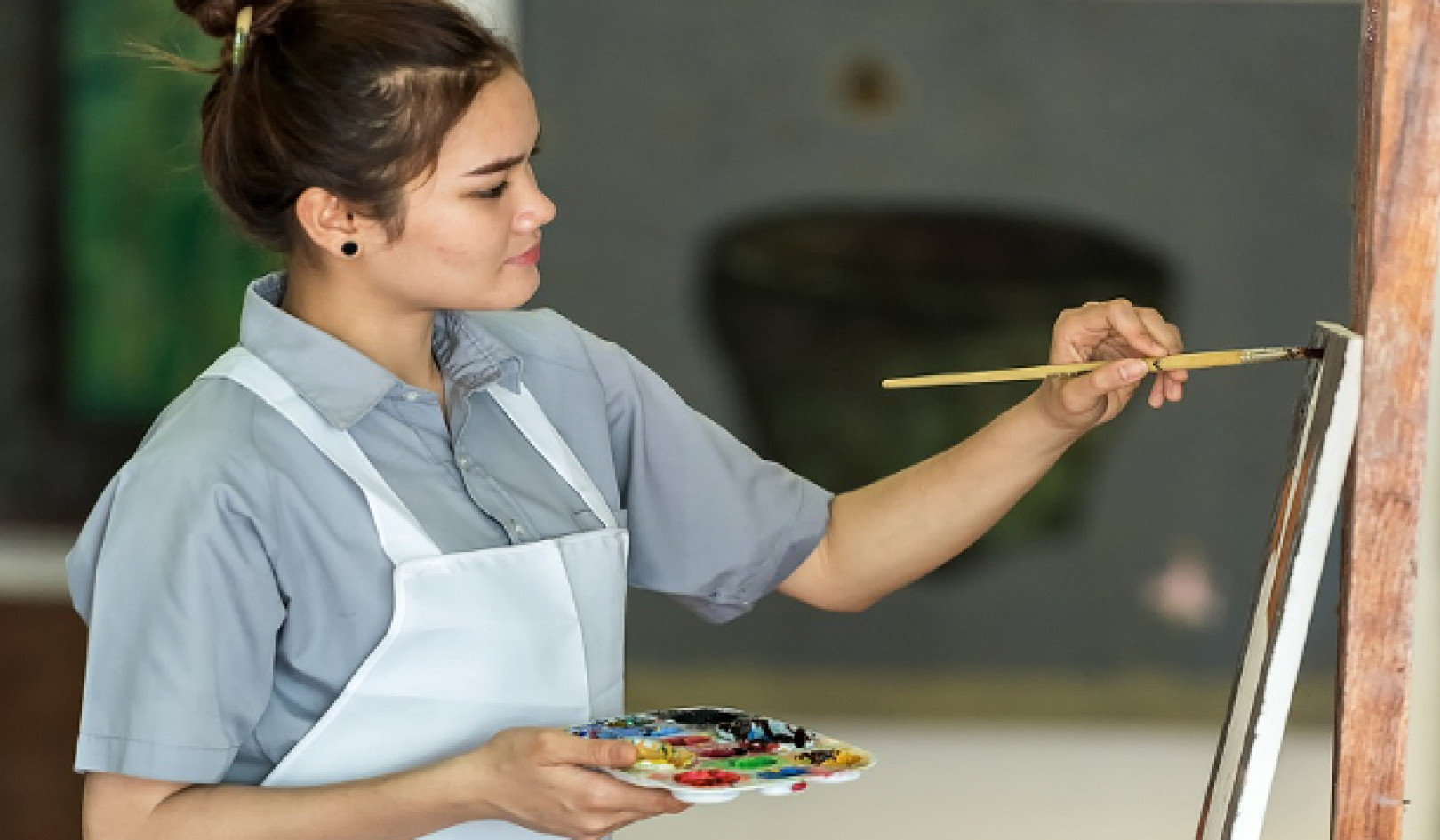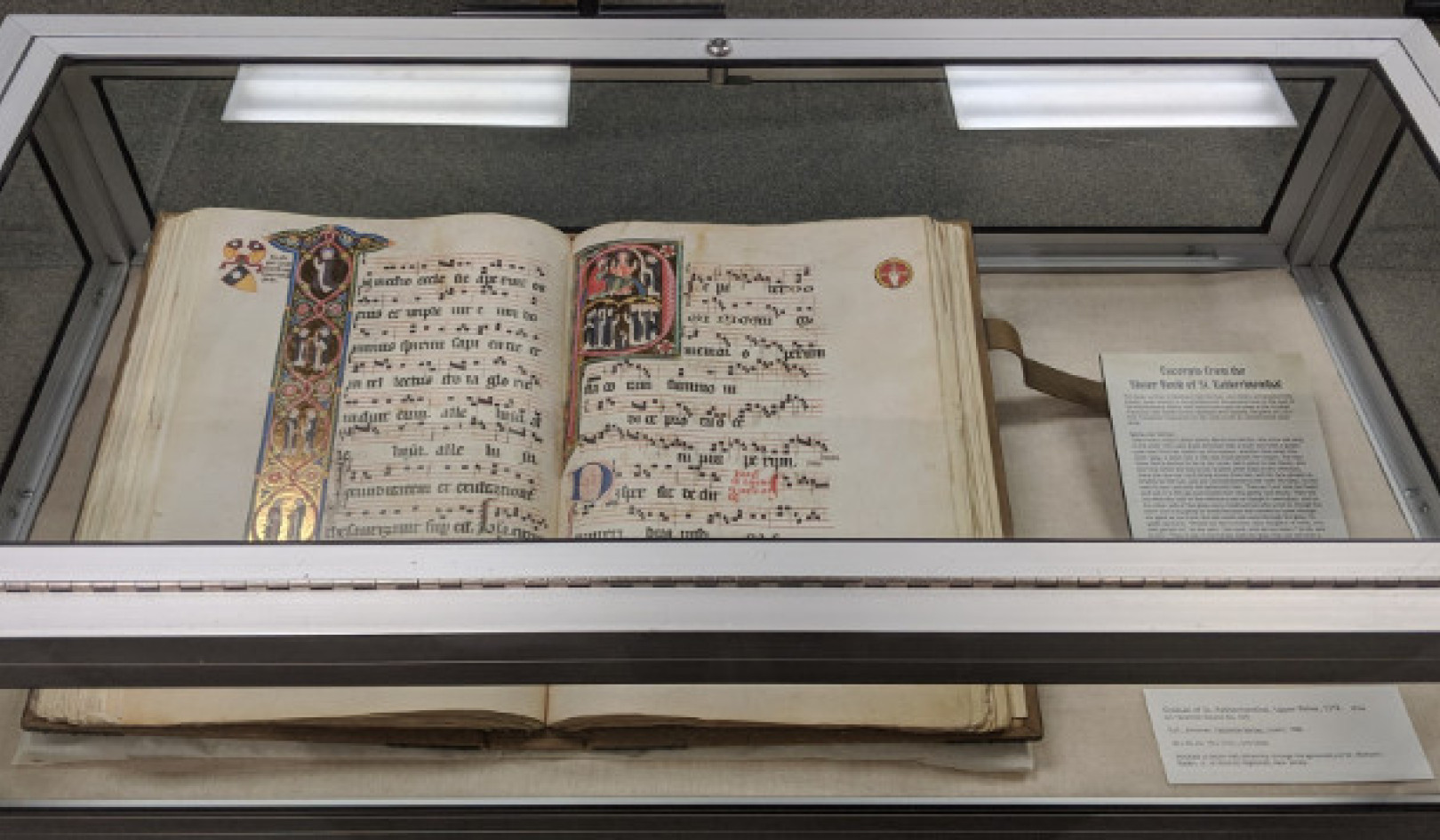
All the world is full of suffering.
— Helen Keller
As I sat on the edge of the black velvet chair in the chalk-white, sterile office, my heart clenched as I waited for a doctor I did not want to meet. The door swung open, and a chalk-white radiologist entered and motioned me to sit back. I began to choke, and tears of nervous anticipation flooded my eyes. And then it seemed as if we were trapped in a black-and-white 16mm movie of my life, a scary, surreal film — the kind of strange avant-garde ones Andy Warhol used to make in the ’60s.
There was no sound but the ghostly doctor mouthing the words, “You have cancer.” In Warhol style the film, appropriately titled Cancer, was projected onto dark walls — and it was showing my story. Then the projector clicked and sputtered and went silent. Suddenly my story seemed to have slipped off the spool and was cascading to the basement of my mind as ribbons of unwound, damaged film. Could this film — my story — be repaired?
One week later I entered the office of a highly recommended, highly rated surgeon. I trusted she could surgically remove a small lump from the depths of my left breast in short order. It was, after all, early-stage cancer. Short, petite, well coiffed, the doctor entered the room with her assistant, a girl half her age but twice her size. The surgeon peered at my scans for a long time before turning to me. “I think it would be best if we popped that left puppy off — and I want you to seriously consider popping both those puppies off.”
“Are we talking about my breasts?” I asked.
An hour later I was curled up in the fetal position on the cold tile of my kitchen floor, rocking back and forth and feeling caught in the undertow of my mind. Thoughts swirling out of control. Drowning. My arms began to flail, for I was uncertain that I could swim past a flood of questions and fears, uncertain that I would make it. Unprepared, jolted by surprise, I had joined the approximately 230,000 women in the United States who each year learn they have breast cancer. My husband was a thousand miles away on a business trip. It was after 6:00 PM, and the last rays of sun were disappearing from the winter sky. Darkness engulfed me.
Do You Have Your Own Traumatic Event Story?
Have you ever been there — knocked to the ground by a traumatic event? Woken up one morning as someone you knew and in the midst of your busy day had it all suddenly change? In my case, I was a college writing teacher with a load of papers to grade and a birthday party to plan for my dad, but unexpectedly I had joined the tribe of the traumatized — women facing cancer. How could I handle this change? With pills? With a few glasses of wine? Could I pull a plug and let the air out so I could deflate and start all over? Could I flip a switch and simply reboot?
Do you have your own I-don’t-believe-this-is-happening-to-me story? I bet you do.
After walking around dazed for a few weeks, I began talking with other survivors of trauma — veterans, cancer patients, students, writers, and friends who have faced stories that have sucked the air out of their lungs and left them feeling trapped in the undertow. Stories that made them feel as if they were drowning, not even sure they would survive.
There was the story of a baby born with a deformed, oversize head. The story of a husband who left without a word. The story of a best buddy who stepped on an explosive in Afghanistan and lost his limbs. The story of the young woman who learned she had advanced breast cancer as she held her newborn in her arms. The story of a coworker who entered a home as a friend and left as a rapist. The story of a husband who went into the ocean and never came out. The story of a first-grader who hid in a closet with his peers and teachers, only to be brutally shot to death by a teenager gone mad. I ended up interviewing more than a hundred writers — some famous, most not.
We All Have Difficult Stress-Filled Stories
And I learned we all have difficult stories — tragic, traumatic, and stress filled. At times our pain erupts from the sum total of emotional hits we take daily: the alarm that didn’t ring, the overdrawn check, the lost assignment, the broken glasses, the blue screen on the computer, and the wrecked bumper. If you have a story that has sucked the air out of you and made you feel as if you’re going under, you can write your way up and out of a heart-ripping trauma or the avalanche of little challenges that face us daily and threaten our well-being.
When I first learned I had cancer, I knew I was facing a life-threatening situation, and I made the decision — as many folks knocked out by trauma do — to rewrite my life. Change it all. I was about to face my first surgery, and radiation would follow. I would not be the same person I had been before this experience. With both a teacher’s pension and a supportive husband, I decided to leave full-time work and remake myself. I did this by reading, researching, thinking, meditating, connecting, talking to friends, walking, listening to music, praying, embracing my family, and by writing — in a bright red I HAVE CANCER journal. Every piece of this journey mattered, but my writing saved me.
After years of teaching and decades of facing life’s challenges, I left my old path and found a new one, a path I would begin to walk down when I awoke groggy the morning after my second surgery, the one during which I lost both my breasts. A double mastectomy. On that morning, with anesthesia still pulsing through my veins, I found myself scribbling in my red journal, but I had the strange sense that I was outside myself, looking down at me writing.
The surreal nature of this image captivated me, for this woman’s words — my words — were gushing from the deepest place in me. From this distance I could see that I was a woman who had been writing copious notes in recent months to lift herself up, to rise above the trials that cancer had given her. And it struck me my words had an unmatched power to heal me. To change me. A gentle wave seemed to wash over me. A wave of awe. For the universe was handing me a glimmer, an insight. It whispered, “Our writing can transform us.”
And in that moment, I knew I had to listen to my intuition, run with my words, and write from my heart to catch the wisdom this glimmer offered.
And so this book was born. Born of my belief that our personal writing, often called “expressive writing,” can heal and change us. Born of the knowledge that 81 percent of us believe we have a book in us. A story to tell.
Initially this journey led me to my personal journals, where I examined the power of my own writing. Here my life was spelled out in detail, and I saw time and time again, story after story, that writing had grounded me. Had made me whole.
After thirty years of teaching writing to high school and college students, I knew that when we find and write our stories from the heart, as truth seekers, we change ourselves. And this change comes not simply from personal journal writing. I had seen it in hundreds of student essays and stories and poems and scripts and articles and blog entries and memoirs and books, both fiction and nonfiction. Our expressive writing — writing about our thoughts, feelings, and experiences — defines us. Our words create us. Our stories create us.
And our writing can re-create us.
Sharing The Stories We Need To Tell
Veterans, cancer patients, students, and writers from all walks of life stepped forward to share with me “the story they needed to tell.” These unsung heroes reconstructed the stories that shattered their lives. And they teach us how to do this by breaking our silence, finding our voices, and editing our personal stories. It does not matter if you have never explored writing or picked up a journal. Even a limited amount of personal writing can guide you toward personal change. Simply telling your story helps.
As I worked with individuals caught in the throes of a trauma, illness, or loss, it became apparent there were five stages of writing to heal and change. While there is no definitive order to these steps, a pattern usually surfaces:
1. Experience your pain and grief.
2. Break your silence and find your voice.
3. Accept and piece together a difficult or broken story.
4. Find meaning or make sense of this event or story.
5. Rewrite your story and find ways to reconnect with your well-being.
Our Life Journey Is Filled With Challenges
The goal of this book is to teach you how to find and use your stories and your writing to make your difficulties not only manageable but meaningful. Even amid our problems we can find words that will help us explore, be mindful, grow, and create a better way of living. We can face shock and trauma, embrace our silence, and find our way back to our words, finding a path through our difficulties. Anyone, even those who have never written, can embark on a writing practice or story-sharing practice.
Current neuroscience demonstrates how our brains efficiently run on our stories. Stories help us create our identities, create our character, and learn to solve our problems. Our personal stories and writing lead to personal change. We can navigate traumatic events by breaking our silence, keeping our thoughts from getting stuck, embracing other perspectives, and editing our difficult experiences to create new ways of understanding ourselves. This can empower us to experience profound personal growth.
Our personal writing can work to help us move forward in the most difficult of circumstances, including trauma, illness, and death. As the storytellers in this book transformed their stories — and often their lives — they tapped into their resilience and often experienced a burst of personal creativity.
These are the gifts I hope this book gives to you — the power to find your voice, the ability to transform your story when needed, and the well-being that comes from renewed meaning, resilience, and creative living.
Your personal writing can heal, grow,
and transform your life.
Give your words permission to change you.
Subtitles by InnerSelf.
©2017 by Sandra Marinella. All Rights Reserved.
Reprinted with permission of New World Library, Novato, CA.
www.newworldlibrary.com or 800-972-6657 ext. 52.
Article Source
The Story You Need to Tell: Writing to Heal from Trauma, Illness, or Loss
by Sandra Marinella
 A practical and inspiring guide to transformational personal storytelling, The Story You Need to Tell is the product of Sandra Marinella’s pioneering work with veterans and cancer patients, her years of teaching writing, and her research into its profound healing properties. Each of the techniques, prompts, and exercises she presents helps us “to unravel the knot inside and to make sense of loss.”
A practical and inspiring guide to transformational personal storytelling, The Story You Need to Tell is the product of Sandra Marinella’s pioneering work with veterans and cancer patients, her years of teaching writing, and her research into its profound healing properties. Each of the techniques, prompts, and exercises she presents helps us “to unravel the knot inside and to make sense of loss.”
Click here for more info and/or to order this book.
About the Author
 Writing teacher Sandra Marinella, MA, MEd, has taught thousands of students and fellow educators and presented hundreds of workshops to veterans, educators, and cancer patients. Visit her website at http://storyyoutell.com/ where you can write or tell your story, discover life-changing stories and learn the power of reworking and editing your personal life stories with the goal of finding hope, inspiration, and a better way of living.
Writing teacher Sandra Marinella, MA, MEd, has taught thousands of students and fellow educators and presented hundreds of workshops to veterans, educators, and cancer patients. Visit her website at http://storyyoutell.com/ where you can write or tell your story, discover life-changing stories and learn the power of reworking and editing your personal life stories with the goal of finding hope, inspiration, and a better way of living.

























